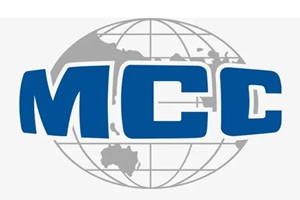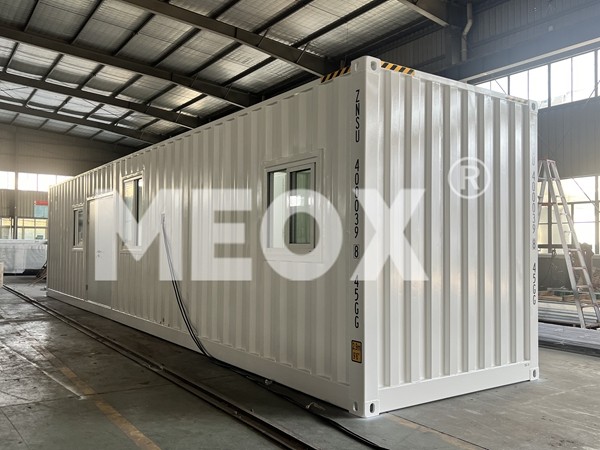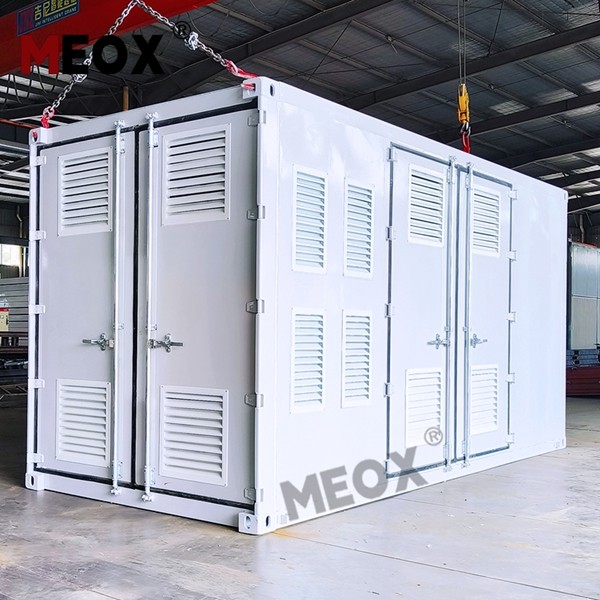In the fiercely competitive world of logistics and shipping, the selection of the right container supplier can significantly influence operational efficiency and cost-effectiveness. Navigating this complex landscape requires both expertise and experience, as well as a discerning eye for quality and reliability. This article delves into the essential aspects that define a successful partnership with a container supplier, ensuring you make informed decisions based on authoritative knowledge and trustworthy practices.
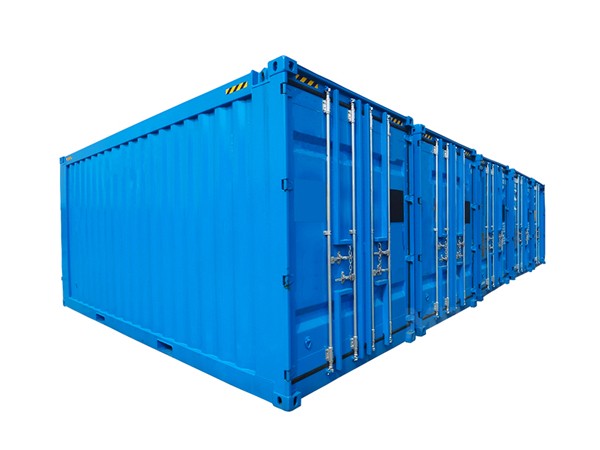
Container suppliers are not merely vendors; they are strategic partners who can amplify or hinder your business’s potential. When evaluating potential suppliers, it is crucial to assess their range of offerings. A top-tier container supplier will not only provide a vast array of container sizes and types — ranging from standard dry containers to specialized refrigerated, tank, and flat-rack containers — but will also possess the flexibility to customize solutions based on your specific requirements. This level of customization speaks to the supplier’s commitment to meeting diverse customer needs, showcasing both expertise and a customer-centric approach.
Moreover, the quality of containers is a non-negotiable criterion. A reliable container supplier implements stringent quality control measures to ensure their products meet international standards. Look for suppliers who are certified by recognized bodies such as the International Organization for Standardization (ISO) or who comply with the Container Safety Convention (CSC). These certifications are indicative of a commitment to professionalism and safety, reinforcing the supplier’s authority and credibility in the industry.
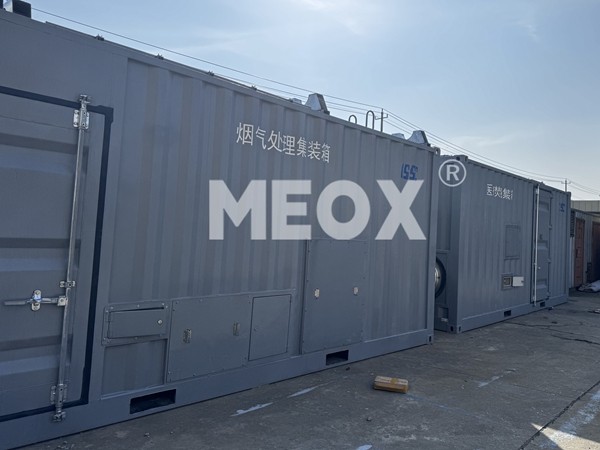
Experience is another vital component when choosing a supplier. Suppliers with a robust track record are more likely to have encountered a wide range of logistical challenges and thus are equipped to provide solutions that newer firms might overlook. This experience translates into a more fluid supply chain process, as seasoned suppliers can anticipate issues before they arise and offer proactive strategies to mitigate potential disruptions.
The global nature of container logistics necessitates an understanding of regional regulations and inspection protocols. An authoritative supplier will have in-depth knowledge of local laws and customs procedures, reducing the risks of compliance-related delays. Such suppliers often establish relationships with local authorities, further expediting the transport process and demonstrating their extensive expertise and reliability in managing cross-border operations.container suppliers
Trustworthiness in a supplier is often reflected in their transparency and reputation. A dependable container supplier should provide clear pricing structures without hidden fees, fostering long-term partnerships built on mutual trust. Furthermore, seeking out customer testimonials and case studies can provide insights into their reliability and commitment to customer satisfaction.
In today’s digital-driven market, suppliers that leverage technology to enhance service delivery stand out. From real-time tracking systems to digital inventory management, technology-enabled suppliers offer added value through increased transparency and efficiency. This technological integration is a testament to a supplier’s dedication to innovation, setting them apart as leaders in the industry.
Finally, customer support remains a cornerstone of an effective supplier relationship. A reputable container supplier recognizes the importance of customer service, offering dedicated support teams to address inquiries and concerns swiftly. This personalized attention not only reinforces the supplier’s dedication to service excellence but also enhances the overall customer experience, solidifying the supplier’s position as a trustworthy partner.
Ultimately, selecting a container supplier involves more than price comparisons. It is about finding a partner who embodies experience, expertise, authority, and trustworthiness. By focusing on these core attributes, businesses can secure a supplier who not only meets their logistical needs but also contributes positively to their operational success.

